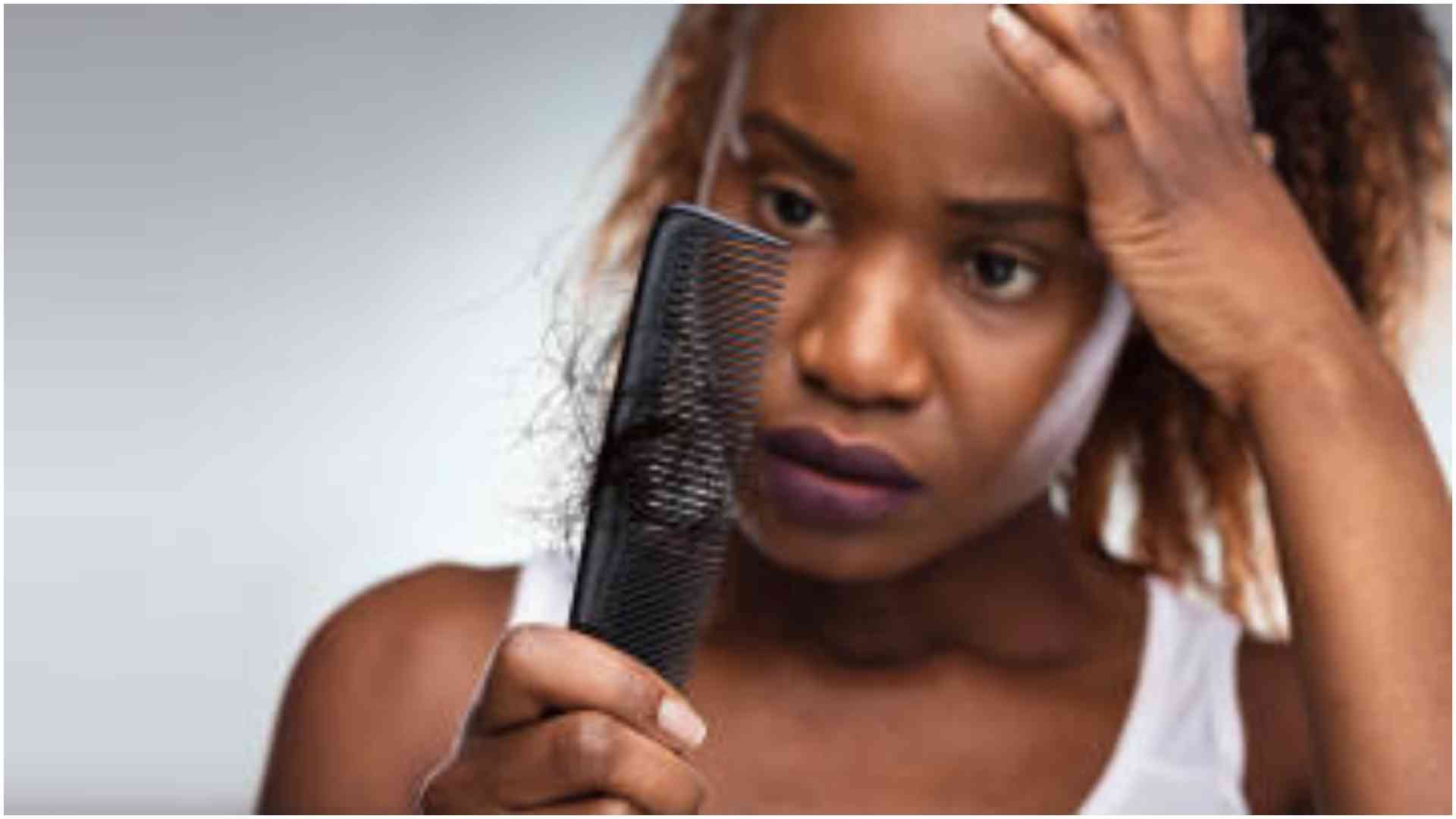
Although they didn’t have access to modern, sophisticated beauty creams, women in ancient Africa were known for their smooth, flawless skins and brilliant white smiles. Having to survive the harsh African sun, they had developed simple beauty treatment from natural ingredients to keep their skin hydrated, smooth, and supple.
Ancient Egyptians were especially devoted to beauty, so much that they would bury the dead with a supply of beauty products to use in the afterlife! With a wealth of natural beauty treatments at her disposal, it’s no wonder Egyptian queen Cleopatra is often referred to as the most beautiful woman in history.
Here are some of ancient African beauty secrets that you can add to your beauty care regimen:
Rooibos tea
Origin: South Africa
Better known as African red tea, Rooibos is a plant found exclusively in South Africa. The plant, which is known for its potent anti-allergen properties, has been used by the Khoi and San people of South Africa for skin care for ages.
You might want to know that the Khoisan are known for their smooth yellow-brown skin. Rooibos tea is a great cosmetic aid as it has a high amount of antioxidants which can protect the skin from free radicals and toxins, making it look young and supple. This tea also contains high levels of zinc and vitamin D2 which are important for a healthy skin.
Rooibos has been proven to treat skin conditions such as inflammation, rashes, acne, eczema and dermatitis. You can apply the tea directly onto the skin or drink it. It is very likely that Rooibos tea will be the next big beauty craze and will start popping in more and more skin care products. Meanwhile, there is nothing stopping you from buying a batch of Rooibos red tea from a health store near you.
Lavender oil
Origin: North Africa
Due to its fragrance, lavender was used by women in North Africa to keep skin glowing and husbands happy. The fragrant lavender is a natural deodorant, tonic, antiseptic and has therapeutic properties. It naturally works as an astringent and helps to fight off acne, skin rashes and inflammation.
To make lavender skin treatment, measure a tablespoonful of lavender and mix with a cupful of water. Apply it all over your body.
Unlike the women of North Africa, you might not need to use lavender to keep your husband sweet-tempered but he will definitely appreciate the glowing skin and fragrant feminine scent it will give you.
Note: Lavender is not advisable for use by the pregnant, breastfeeding, or diabetic. It should only be applied topically or inhaled (for aromatherapy), swallowing it can lead to health issues such as blurred vision, vomiting and diarrhoea.
Milk
Origin: Ancient Egypt
Cleopatra, the ancient Egyptian Queen known for her beauty, is said to have regularly bathed in milk to keep her skin soft and glowing. She would have her servants fill her tub with donkey milk and then soak herself in it. The legend is that she had 700 donkeys to provide milk for her daily skin care regimen. And when travelling, she would take a couple of young donkeys with her solely for that reason.
Modern science has proved Cleopatra right. Milk is wonderful for skin! The lactic acid in milk is an alpha hydroxyl acid (AHA), a natural material which dissolves the glue that holds skin cells together, enabling a deeper cleansing of the skin.
You don’t need to fill a tub with milk. 2 or 4 cups of cow’s milk mixed with bathwater will do just fine. Soak in the mixture for up to 20 minutes and then gently rub the skin with a washcloth or loofah to slough off the dead skin.
Rinse your body thoroughly after soaking. You can add honey or lavender to the bath for more benefits. A milk bath is not advisable if you are allergic to milk or lactose intolerant.
Tip: You can also add milk in your home made facial masks
Would you get plastic surgery?
 The Standard Group Plc is a multi-media organization with investments in media
platforms spanning newspaper print
operations, television, radio broadcasting, digital and online services. The
Standard Group is recognized as a
leading multi-media house in Kenya with a key influence in matters of national
and international interest.
The Standard Group Plc is a multi-media organization with investments in media
platforms spanning newspaper print
operations, television, radio broadcasting, digital and online services. The
Standard Group is recognized as a
leading multi-media house in Kenya with a key influence in matters of national
and international interest.




